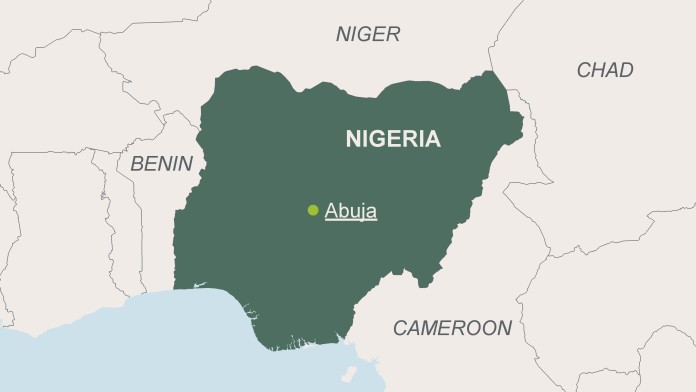
Nigeria is the most important economic driver in Africa. At the same time, almost half of the population of West Africa lives here. The more than 200 million people speak over 500 different languages and include 250 ethnic groups. In order to serve everyone, the political system is very federally structured. After long periods of authoritarian rule, the country returned to democracy in 1999. The economy relies on natural resources and the extraction of rich oil resources. As early as 2014, Nigeria overtook South Africa as the continent’s most powerful economy.
But several trends led to a recession: the falling oil price and the decline in the value of the national currency. The COVID-19 pandemic has also hampered economic development. Although the economy is gradually recovering, as in the past, not everyone is benefiting from this and the global effects of the war of aggression on Ukraine are dampening the economic outlook. More than two thirds of the population live in extreme poverty. In addition, there is an uneven regional distribution of resources. The economic centre of Lagos and the rich oil fields are located in the south of the country, while the rural north has little involvement in the economy. Numerous regional militant groups – both religious and ethnic – are challenging the government’s power. Armed conflicts are taking place, especially in northern Nigeria, and the security situation is tense.
On behalf of the German Federal Government, KfW has concluded cooperations with Nigeria in several development policy areas:
On behalf of the Federal Ministry for Economic Cooperation and Development (BMZ), KfW is supporting the Development Bank of Nigeria so that it can grant loans to micro, small and medium-sized enterprises. KfW is also supporting a Nigerian fund, which in turn has invested in companies such as a dairy or a logistics company.
KfW supports small businesses with a “Green Line of Credit” so that they can acquire energy-efficient machines and use electricity from renewable energies.
Nigerian agriculture is not producing enough to feed everyone. This is why KfW funds are being donated to Nigerian social enterprise Babban Gona, which helps smallholder families with seeds, know-how, training and financial services, and promotes women in particular.
KfW supported the fight against polio in Nigeria between 2005 and 2021. And it is proving successful. Since 2016, no wild polio cases have been detected in Nigeria. From the end of 2022, KfW will be involved in a project to promote sexual and reproductive health and combat the pandemic.
In the crisis-ridden north of Nigeria, KfW is making a contribution to stabilising the border region with Niger and Chad. It is funding the construction of schools and health stations, for example, as well as advisory services for increasing agricultural yields. Building infrastructure provides employment and income. KfW is also supporting the Lake Chad Basin Commission with a similar project. It has the aim of greater social cohesion there, as well.
KfW’s commitment makes an important contribution to improving living conditions for all.